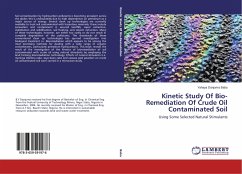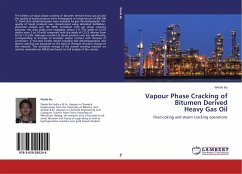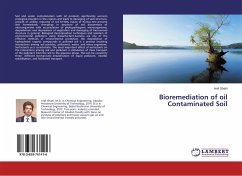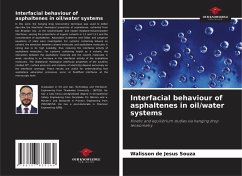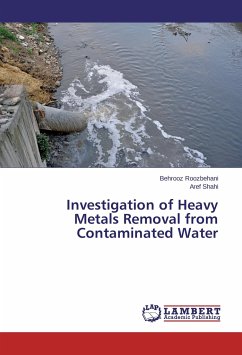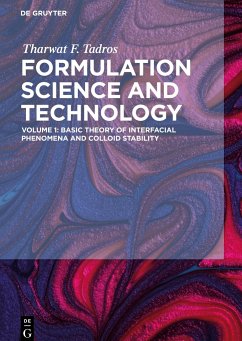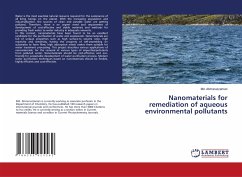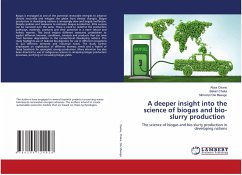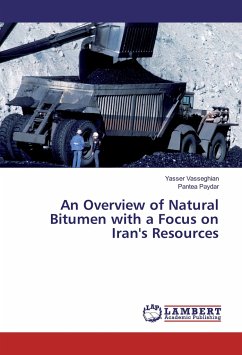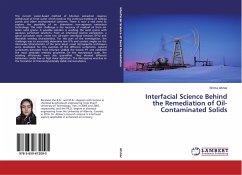
Interfacial Science Behind the Remediation of Oil-Contaminated Solids
Versandkostenfrei!
Versandfertig in 6-10 Tagen
36,99 €
inkl. MwSt.

PAYBACK Punkte
18 °P sammeln!
The current water-based method of bitumen extraction requires withdrawal of fresh water which leads to the continual buildup of tailings ponds and other environmental concerns. There is now a real need to explore the possibility of an alternative non-aqueous extraction technology. The main challenge is the recovery of residual oil from oil-laden sand grains. A possible solution is washing the sand grains with aqueous surfactant solutions. From an interfacial science perspective, a good surfactant must create low oil-water interfacial tensions (IFTs) and desirable wetting characteristics. For t...
The current water-based method of bitumen extraction requires withdrawal of fresh water which leads to the continual buildup of tailings ponds and other environmental concerns. There is now a real need to explore the possibility of an alternative non-aqueous extraction technology. The main challenge is the recovery of residual oil from oil-laden sand grains. A possible solution is washing the sand grains with aqueous surfactant solutions. From an interfacial science perspective, a good surfactant must create low oil-water interfacial tensions (IFTs) and desirable wetting characteristics. For this part of the investigation, the challenge was to accurately determine low IFTs and contact angles on the microscale (characteristic of the pore sizes); novel micropipette techniques were developed for this purpose. Of the different surfactants, natural surfactants extracted from bitumen yielded the lowest IFT and exhibited the most desirable wetting properties. On the macroscopic scale, the washing efficiencies were also quantified. They showed different behaviours under low or high shear agitations. The discrepancy was due to the formation of thermodynamically stable microemulsions.



